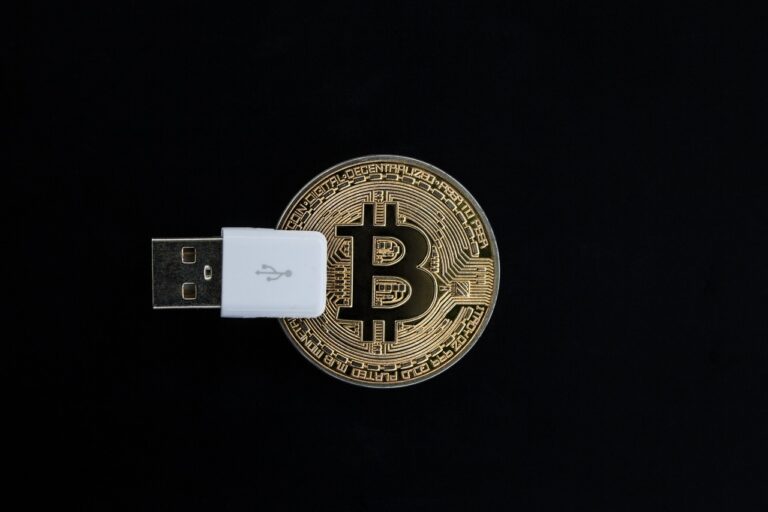The Future of Finance: Exploring the Rise of Cryptocurrencies and Digital Assets
Traditional banking systems face a myriad of challenges that have persisted over the years. One major issue is the cumbersome and time-consuming process of conducting transactions, which often involves long waiting times and hefty fees. This inefficiency is a major hindrance for customers looking for quick and seamless ways to manage their finances.
Moreover, traditional banks are often criticized for their lack of transparency and high levels of bureaucracy, leading to frustration among customers. The strict regulations and requirements imposed by these institutions can make it difficult for individuals and businesses to access financial services easily. This rigid structure has also made it challenging for traditional banks to adapt to the rapidly evolving fintech landscape.
Advantages of Decentralized Finance
Decentralized finance, or DeFi, offers unprecedented levels of accessibility to individuals looking to participate in financial activities without the need for intermediaries like banks. Users can interact directly with smart contracts on blockchain networks to access a wide range of financial services, including lending, borrowing, and trading, all without relying on traditional financial institutions. This direct access empowers users by providing them with greater control over their assets and financial decisions.
Moreover, DeFi platforms operate on blockchain technology, which offers a high level of transparency and security. Transactions conducted on DeFi protocols are recorded on the blockchain in a secure and immutable manner, ensuring that all activity is verifiable and tamper-proof. This level of transparency helps to foster trust among users and eliminates the need for reliance on centralized entities to manage and secure financial transactions.
Security Concerns in the Crypto Space
One of the primary security concerns in the crypto space revolves around the vulnerability of online wallets and exchanges to hacking attempts. With the decentralized and digital nature of cryptocurrencies, hackers have targeted various platforms to steal funds and sensitive information. These security breaches not only affect the individuals using these platforms but also undermine the trust in the entire ecosystem.
Additionally, the lack of regulatory oversight in the crypto space poses significant security risks. Without proper regulations in place, it becomes easier for fraudulent activities and scams to thrive. Investors may fall victim to Ponzi schemes, fake ICOs, and other forms of financial manipulation that can result in substantial financial losses. The absence of a centralized authority to monitor and enforce security measures exacerbates these risks, making it crucial for individuals to exercise caution and due diligence when engaging in crypto transactions.
What are some common security concerns in the crypto space?
Some common security concerns in the crypto space include hacking attacks, phishing scams, exchange vulnerabilities, and wallet security issues.
How can I protect my cryptocurrency investments from security threats?
To protect your cryptocurrency investments, use hardware wallets for secure storage, enable two-factor authentication on your accounts, be cautious of suspicious emails or links, and only use reputable exchanges.
Are decentralized finance platforms more secure than traditional banks?
Decentralized finance platforms offer advantages such as transparency and control over your own funds, but they are also vulnerable to smart contract bugs and other security risks. It is important to do thorough research and use caution when using DeFi platforms.
What should I do if my cryptocurrency exchange is hacked?
If your cryptocurrency exchange is hacked, report the incident to the exchange immediately, freeze your account if possible, and contact law enforcement authorities. It is also recommended to change your passwords and enable additional security measures on your accounts.







